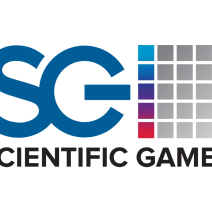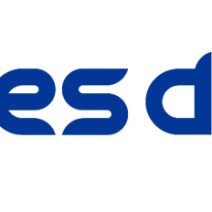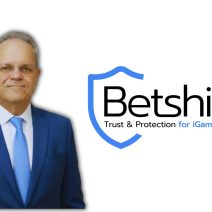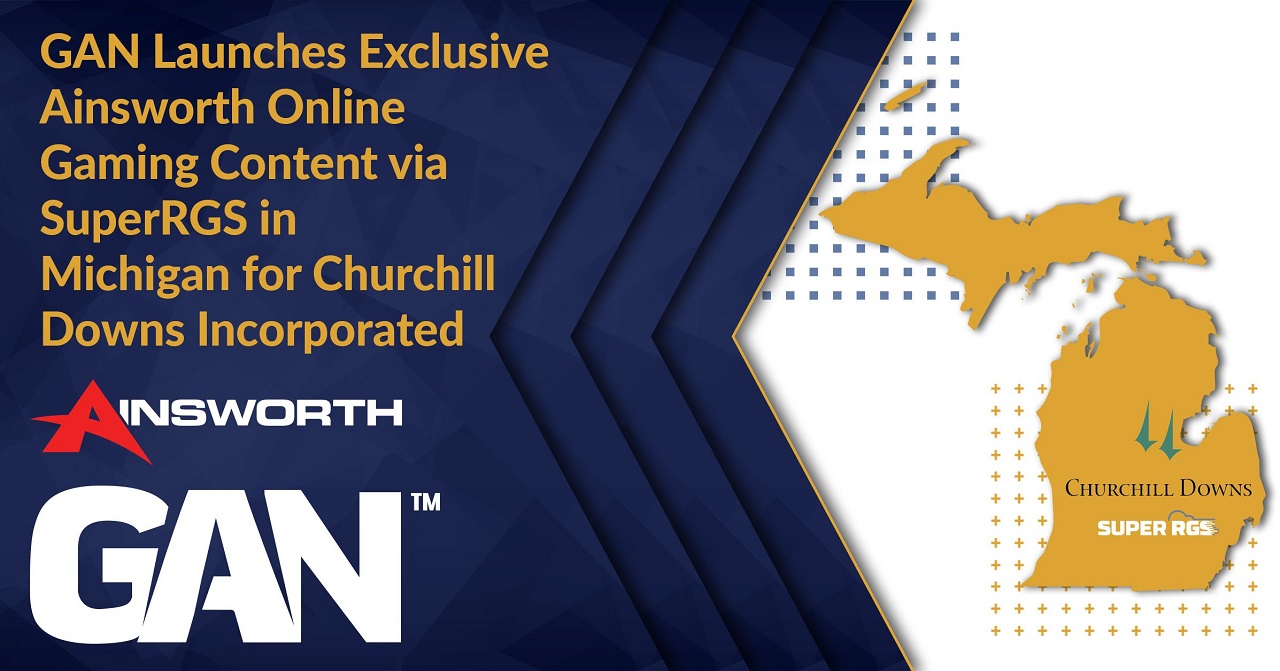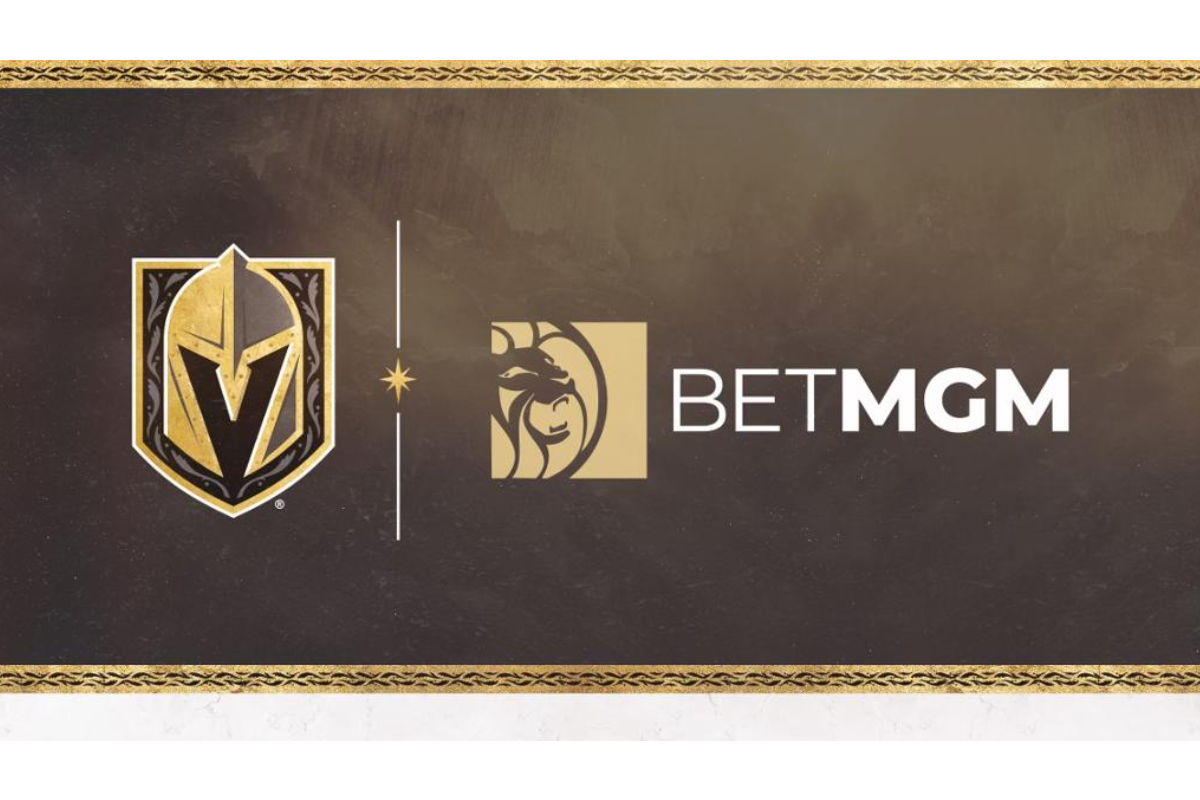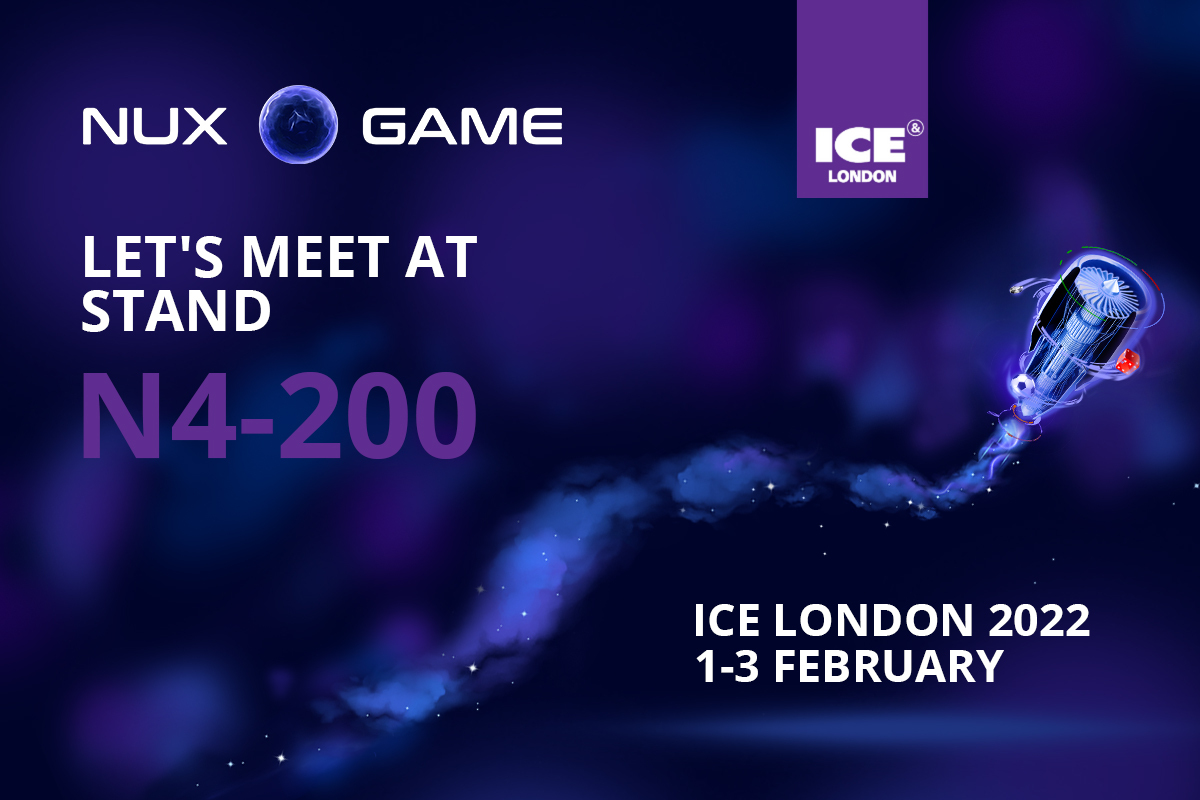
The changing face of sports betting
With Flutter reporting a key trend of a higher proportion of accumulator bets being placed across the US, is the recreational betting market about to hit lift-off? We talk to Callum Broxton, Commercial Director at Checkd Group, Brandon Walker, Head of Amelco US and Alex Kornilov, CEO at Betegy, to get the low-down on the market, examining the role played by European suppliers in shaping the offering put in front of bettors and looking at how high-quality content and new media partnerships are driving engagement and trimming CPA for operators.
How quickly is recreational betting growing in the US and how influential are the ideas imported by European suppliers?
Callum Broxton, Checkd Group: “There has been some understandable copying of homework as the US market finds its feet, with high-margin products starting to be placed front and centre by the major operators. Much has been made of the need to educate the population on the intricacies and details of sports betting, but that same population has spent years being stats-obsessed thanks to fantasy sports and broadcasts of the games themselves. Recreational markets such as single-game parlays bundle up the knowledge they already have and present it to them in a simple, easy to consume betting product.
“There has also been a clear realisation of the organic marketing power of big wins from small stakes and the role that plays in attracting a whole new audience. Winning $10,000 from a $10 parlay is far more relatable and attainable than winning the same amount from a $5k bet on a single match to hit the over. The former is also far more likely to catch fire on social media and be picked up by publishers, operators and affiliates across the country – those sorts of stories are an invaluable marketing tool for the industry as a whole.”
Brandon Walker, Amelco: “It’s definitely growing and it’s extremely influential. Pre-defined accas / parlays are really going to take off, especially with recreational punters. Alongside that, with the likes of BetBull and its tipsters, it’s got every reason to drive serious growth.
“That’s not to say that’s all the market is going to be, but it will certainly play a big role in the landscape, especially in attracting a new generation of bettor, rather than the old-school approach of moneyline and single bets. The traditional ways of betting will always be there, of course – with the mainstay of high rollers, VIPs and singles.
“But, on the recreational side, newer bettors are going to be interested in the likes of pre-defined parlays, who will want something that can be more emotional, rather than a complex decision. Looking at Fubo for example, we’re seeing a real transition into merging entertainment with the betting experience – and that’s something that can almost be called native, rather than a European import. Combine the streaming experience, which is arguably a more US-centric idea, along with recreational betting – and you have an entirely different landscape to Europe.
“Moving forward – looking at innovation around entertainment and engagement, we’re almost only scraping the tip of the iceberg in terms of what’s out there and what can be done. Sports fans are becoming savvy to what’s available – and it’s an open invitation for excitement and engagement, and this space is set to grow even more.”
Alex Kornilov, Betegy: “It’s growing quickly, as the US in effect offers a blank state for creating an entirely new experience. As we all know, a big chunk of the market has come from recreational activities as such as skill-based betting (think DFS), which means fans are already used to the recreational element. Betting offers a natural cross-over, as they still see this as a similar skill-based activity, in the style of making an informed bet. Casino of course, is a completely different kettle of fish, but when it comes to sports DFS really does provide the base – just look at DraftKings, FanDuel, ESPN and Yahoo. You effectively have the customer base already to transfer over. It is one can argue, already there by default.
“What can be learnt from European suppliers? For me, it’s more about factors such as infrastructure and affiliate management. It’s less about the ideas here, but rather about the tech that can be supplied to support such growth. The core is definitely there to satisfy the demand, and you need suppliers (predominantly European), that can supply that tech and make it top notch.
“That’s not to say, however, that European tech can just be taken and updated – we can see plenty of examples where that tech has been taken and failed to deliver. The US has a unique set of requirements, and it needs to be repackaged and adjusted to fit the US ecosystem.”
Do you see a future where high-margin products such as single-game parlays completely take over the market?
Kornilov: “I see huge potential in quick markets, which is in effect, the generation of bespoke markets for each single event – and it’s supremely well suited in the US to the type of activities that can bring huge turnover to operators. Given the vast expanse of all US leagues across all major sports, you can begin to see the opportunity to offer real-time betting in action, literally on every shot taken. Alongside this, user generated markets (think ‘request a bet’), is another excellent example. I’ve already seen the tech in action for this, which is at the development stage – offering micro and real-time bets, and it’s definitely an area that will offer fantastic growth.
“We can see similar-style action in Europe, particularly in the UK with the Premier League. However, so much more is possible over here given that broadcasters in the US can have complete ownership on the rights of one game. This means that rather than the UK situation of broadcasting at far higher latency, the US is almost instant, enabling so much more to be done to engage and excite.
Broxton: “It seems unlikely that one bet-type alone will take over the US market. There were similar predictions made in the UK during the early days of Request-A-Bet/Bet Builder products. It’s true that these products have been at the centre of industry innovation over the last couple of years. More and more markets are being added to the selection pool and American operators are essentially able to benefit from the trial-and-error process which has taken place in mature markets.
“Ultimately, it’s a very human question and there will always be variance in behaviour. Huge sectors of the market will always prefer traditional parlays or single bets, not to mention in-play.”
Walker: “They will play a big part, but not all of it. They are not necessarily in a position to dominate the market, but this is definitely a high-growth space that holds plenty of potential.
“Just as we’ve mentioned already, this will offer a high incentive for the new generation customer to get involved in betting, as it offers what will be perceived to be a ‘bet low, win high’ outcome, which contributes to that entertainment factor. It’s still most likely that the more established bettors, who have been enjoying land-based sports betting for years (if not decades), will likely stick with the more ‘traditional’ forms of betting as it’s what they know.”
What does the future hold for the old-school American bettor, who traditionally places large stakes on the moneyline?
Broxton: “There is currently a huge opportunity for someone to become the home for the old-school bettor by offering a no-nonsense platform with the best odds. The best example of this would be the Betfair Exchange in the UK which is synonymous with hardcore punters, offering guaranteed value and top odds. The trade-off with exchange-based products, though, is that there is little to no room for innovation and they are limited to offering a fraction of the markets available on sportsbooks. This means they struggle to attract new, younger audiences as a result.
“However, there are some incredibly innovative companies attempting to modernise the exchange model in the US. Sporttrade, for example, offers an alternative, exchange-based experience aiming to capitalise on the exponential post-pandemic surge in popularity of stock/crypto trading platforms among under-30s by presenting users with a Robinhood-esque interface where they can trade bets as if they were stocks.”
Walker: That’s always going to be there. Take the Super Bowl: even prior to PASPA, the large stakes being placed were very much based on emotion and supporting the home team. I think it’s ingrained in the American DNA; and that style of betting is not going anywhere. What’s exciting is the growth in options across betting markets that should create a more exciting hybrid offering for bettors.”
Kornilov: “I would certainly say that moneylines are a good ‘gateway’ into other types of betting as it provides an initial platform to get involved.
“Dynamic withdrawals are also a good evolution of this, as it allows for the fluctuation of odds – and it offers an interesting dimension where you can open and close positions. This progression from one single bet on fixed odds is exactly what operators need, as in many ways they’re behind on the ability to cross-sell across various types of betting. This is particularly the case for our industry, as compared to the likes of Amazon, with the ability to offer recommendations for one product given the use of another lagging far behind. The moneyline therefore can offer just that platform to make the introduction to betting, as it’s the easiest to onboard a customer. You can then offer something more advanced, whether that’s micro-betting or anything else.”
How far can betting incorporate itself into the overall media and sports entertainment industry in the US? What benefits does this approach hold from a CPA perspective for operators?
Kornilov: “How far? They’re trying to do it as quickly as they can. All the key players are doing their best to divide and segment their media markets as well as possible to attract different demographics, although the speed of adoption into betting will be very much defined by legislation. Logically, the more states come online, the further this can go.
“When it comes to CPA, it’s hard to define exact metrics in many ways. Of course, it is potentially the backbone of acquisition, but it’s difficult to define CPA via brand exposure, especially given the multitude of media spend now invested in during matches, which therefore means one cannot know how much (or indeed how long) such exposure will take before the customer gives betting a try. Over time, I believe CPA will go up, as there will be significant increase in media spend and exposure. As this spend increases, CPA will inevitably do so too.
Broxton: “This partly comes down to if and when regulators step in to limit the integration of betting into broadcasts. One of the biggest challenges in an immature market is building trust, familiarity and knowledge, all of which are enhanced immeasurably by synergistic integrations across traditional and new media. In a market the size of America, even a tiny fraction of the market entering the funnel lower down equates to vast sums of money being saved for operators from a CPA perspective.”
Walker: “Fubo, again, is a great example – mixing streaming services with betting. Look at MGM, too, with Jamie Foxx being one of their key figureheads. We’ve always associated brand ambassadors with such marketing, and looking at how the entertainment industry is merging, with the likes of musicians and entertainment icons, this plays a serious role. It’s all about the glitz and glamour in the US – Vegas holds a true legacy there. Looking over to ‘soccer’ in Europe – sponsorship and advertising is massively orientated towards sports betting. It’s becoming the same with the US right now, and in many ways, we’re only just getting started, PGA and the like are starting to test the water, and slowly but surely it will drip into the industry even more. The same can be said for media rights and stadium ownership, and we’re really only just scratching the surface. As brand exposure grows over time, this will likely lower the CPA as reach and awareness steadily grows.”
Moving forward, is there a danger that bigger operators carving up the market between themselves could stifle innovation?
Walker: “Not really – the US is still an open range and, indeed, so big that it’s almost like a snowball at the moment. Give it a few more years and we’re going to be talking about it in an even bigger way.
“Innovators will always be there, and there’s still so much space for smaller operators to be agile and capture market share that it makes it completely open for competition. The US has every potential to be the world’s most dynamic market and, given the interest and pick-up that online is now attracting, there’s no reason to think that the major operators will corner it for themselves.
“Of course, the likes of DraftKings and FanDuel hold plenty of potential for majority share, but there’s going to be plenty of incentives, and indeed means, for sports fans to give alternative operators a try, especially when it comes to brands being native to certain states or associated with their favourite teams.”
Kornilov: “Yes, that is a potential risk. Hopefully we’re a long way from this happening though – because given the nature of competition, you cannot compare the current state of the US market to Europe for example, as the big players are taking a lot more space. In the US, given the nature of current competition, we’re still in many ways in the growth stage, which offers plenty of diversity of outcome. I do hope that the US will present itself as a wonderful example as to how tech leaders – and indeed strategic decision-making can win market share, rather than just weight of investment. We’re seeing plenty of money ploughed into marketing and advertising by the biggest players, but a lot of the more agile outfits are spending their money far more surgically. As a result, such informed planning can enable them the capture far more market share and revenue that would otherwise be possible.”
Broxton: “Innovation rules all when it comes to online sports betting. Operators at the top who fail to do so are left in the dust, often irrevocably, in scarily short time frames. In the US, the pedal is jammed firmly to the floor in the race to scoop up as much technological capability as possible.
“Capital being relatively cheap to acquire has fuelled the M&A heavy landscape and, paired with eye-watering multipliers, it means any investment comes at a premium, premium rate. It’s inevitable, therefore, that the markers of success will soon switch from ‘who has acquired the biggest and best entity’ to ‘who actually has the best product and can start seeing a return on the immense investments made’. Innovation will only benefit from this demand for financial justification of outlay as it’s a faultless handicapper and the all-important Gen X and Y audiences have no mercy if you fail to keep up with the competition.”

